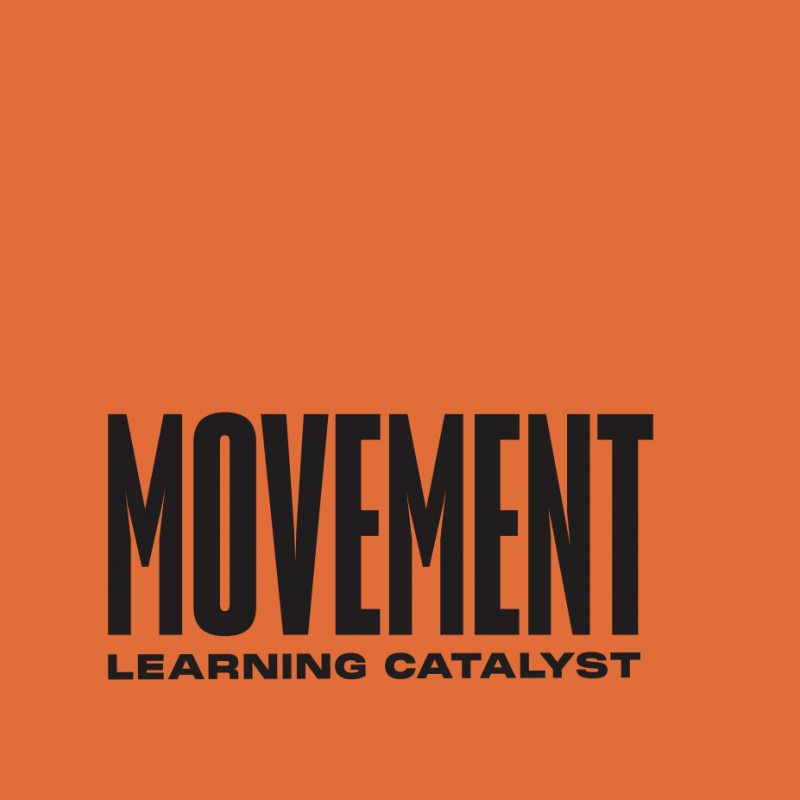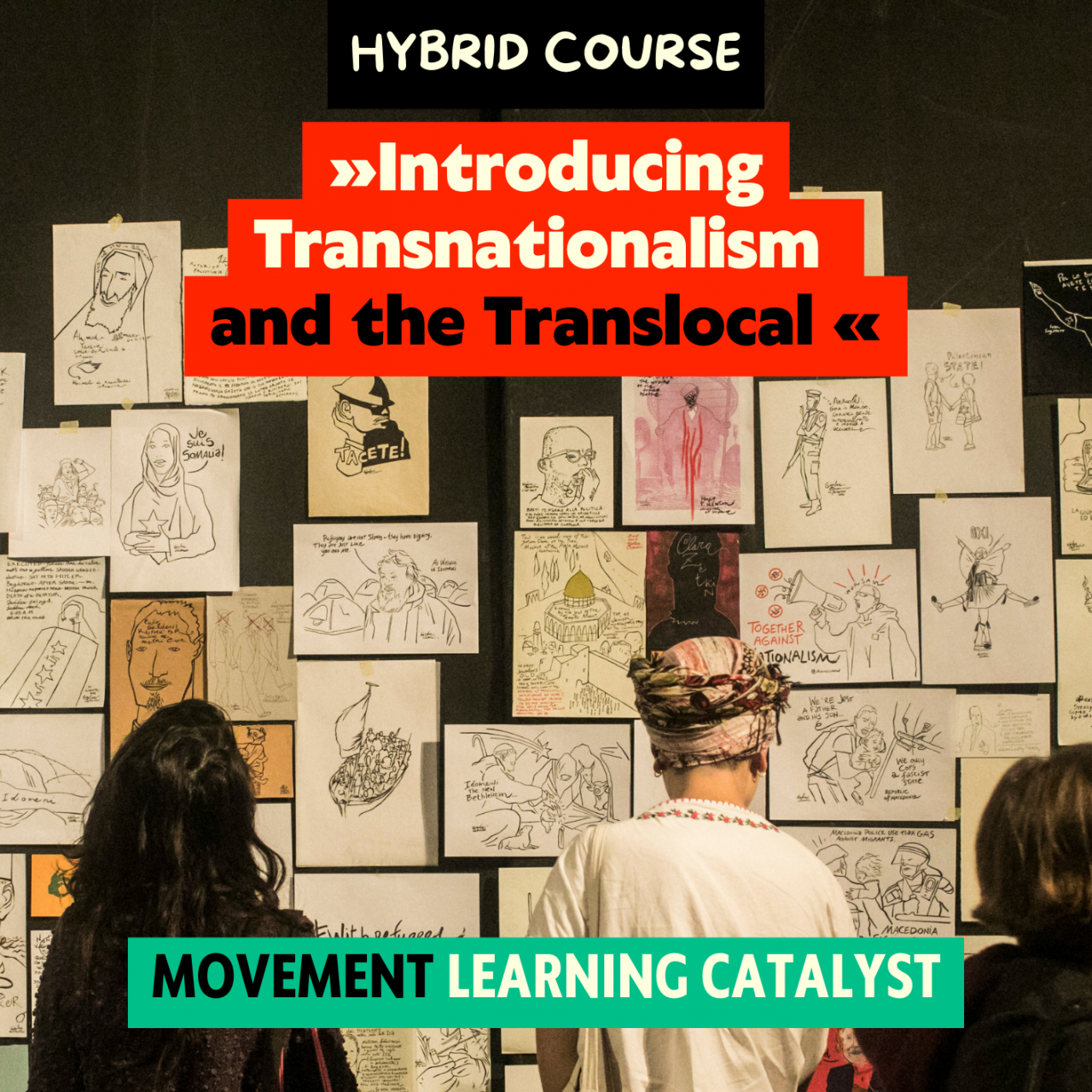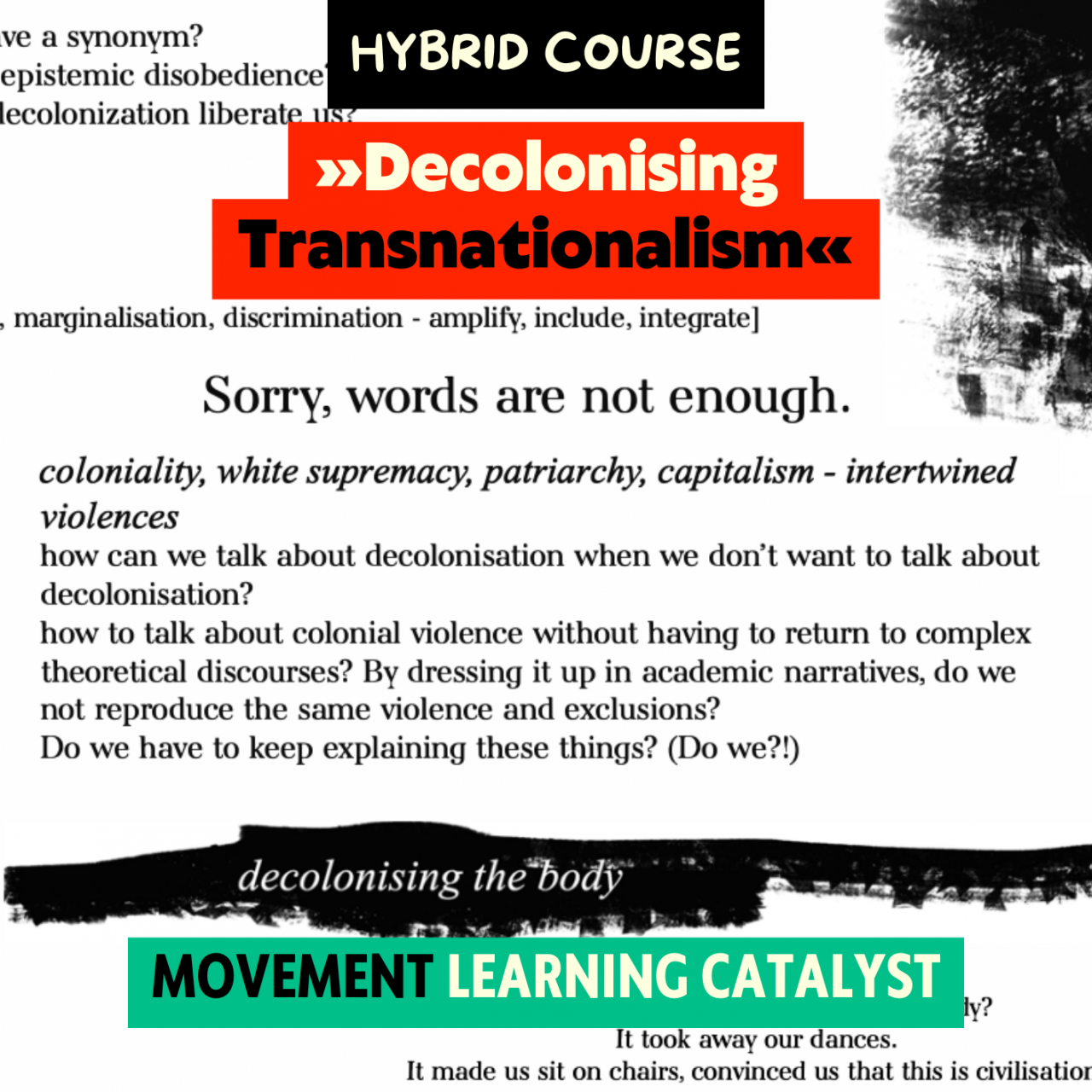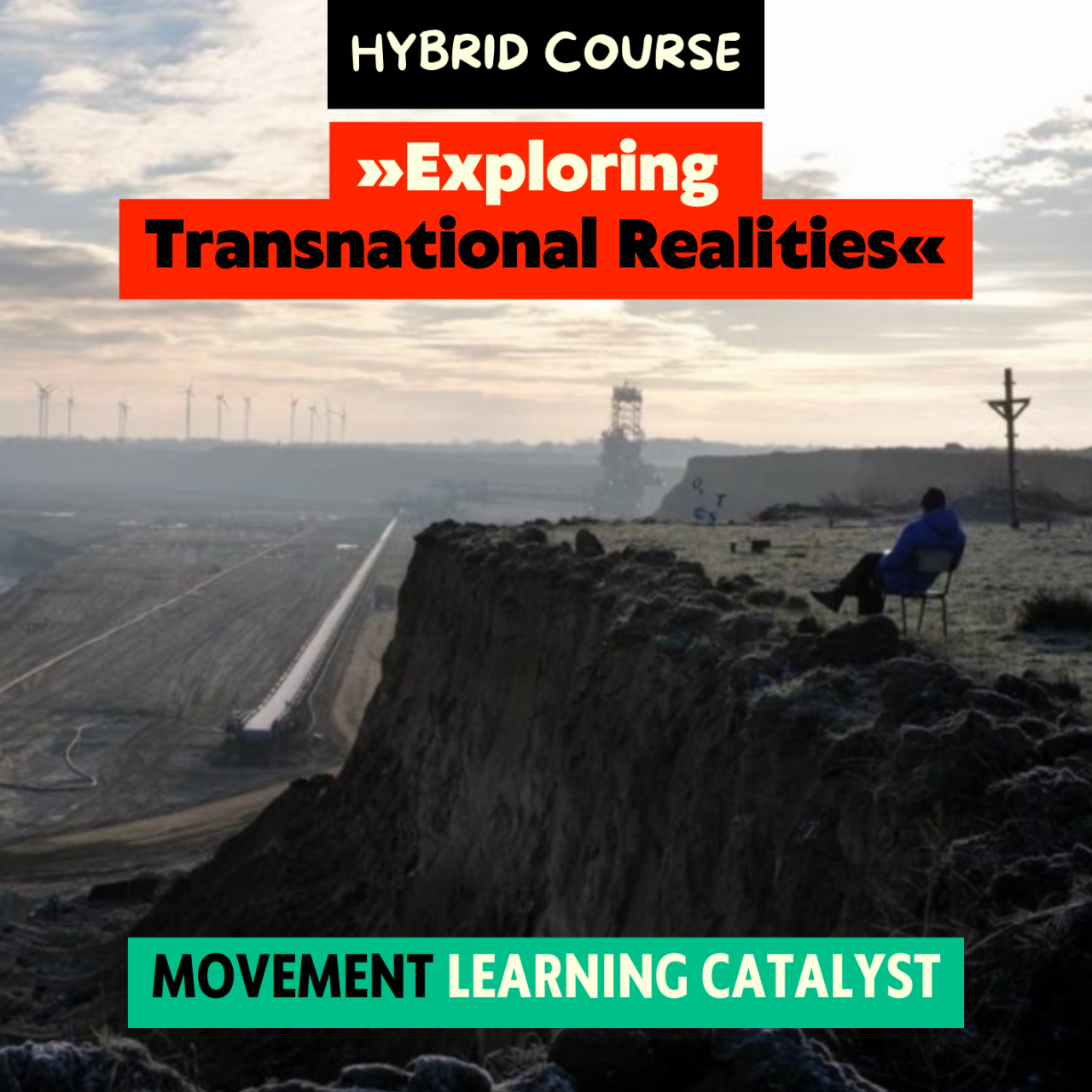This Weeks Journey
Welcome to the last week of our online course. This week we will explore some of the challenges and opportunities around transnational and translocal organizing and learn about methods for radical imagination and inquiry.
1. Imagine
1. “If something can’t be fixed, what we do we build instead?” “Imagination is required because we need to invent new worlds and new ways of being with each other. We have to pre-figure the world in which we want to live”. (Mariame Kaba, We do This “Til We Free Us”, 2021)
- We invite you to think about what comes to your mind when you think about something that can’t be fixed in your life, in society, in the world. Take a deep breath and take a second to look in the distance if you can.
- Now, try to imagine what it is that we could build instead. Imagine radically different, be bold in the way you dream, be courageous in the way another world is possible.
We encourage you to take a few moments of silence after the exercise or put on your favourite song to reflect for a few minutes.
Invitation to read further on the work of Mariame Kaba, Abolitionist Organizer and Transformative Justice on their website.
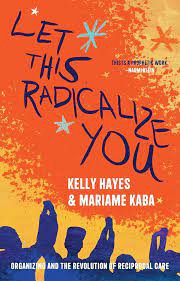
Another great recommendation is Kelly Hayes and Mariama Kaba's new book Let This Radicalize You.
2. “If we perpetuate the same dynamics that we aim to disrupt in our movements for change, we are not interrupting power and we are not creating change-we are merely rebranding the same set of practices and the same dysfunctions.”(Alicia Garza, The Purpose of Power: How We Come Together When We Fall Apart, 2020)
- Read these lines carefully and afterwards close your eyes.
- Put yourself back into a situation or a space where you felt that what happened was perpetuating the same dynamics that you or your group is aiming to disrupt, rethink or practice differently.
- Now, let's check in with your body. How does your body feel? Where in your body do you feel what? (Take a moment to explore)
- Now, let's check in with our senses. How did you experience the space, how did it smell, feel, taste, sound…? Try to put yourself in the situation and re-construct your experience for a moment.
Take some moments to digest and we invite you to two minutes of free journaling. There are no guiding questions, just write, draw or scribble whatever you feel like.
- The time has come to reimagine. We invite you to think about a situation where you or your group practiced exactly what you believe in, dwelling in the new forms or organizing and relating.
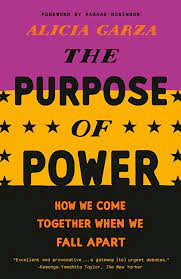
We recommend you to read further in Alicia Garza's book Purpose of Power: How We Come Together When We Fall Apart
2. Reflect
Taking a step into the real world again, this week’s reflection will be about Identity, Allyship and Difference. Thinking about challenges to translocal and transnational organizing, the reflections by Daniel Gutiérrez & Berena Yogarajah are incredibly useful to understand how we can work together across differences and how we build stronger networks of solidarity across borders.

You can find the episode here on Spotify
3. Create
This week you have already radically imagined and created a piece of that future reality in our “Imagine” section of the week. We hope you enjoyed the process. Nevertheless, we invite you to a second task.
Reflecting on these two imaginative exercises that identified challenges to translocal organizing, we encourage you to reflect on other situations in your transnational activism and organizing, where you believe processes of 1) radical imagination or 2) how could relationships, behaviours, attitudes and objectives be changed (prefigurative processes) would be beneficial to your group or the wider movement or organization.
So, here comes an invitation to engage in a mind mapping exercise.
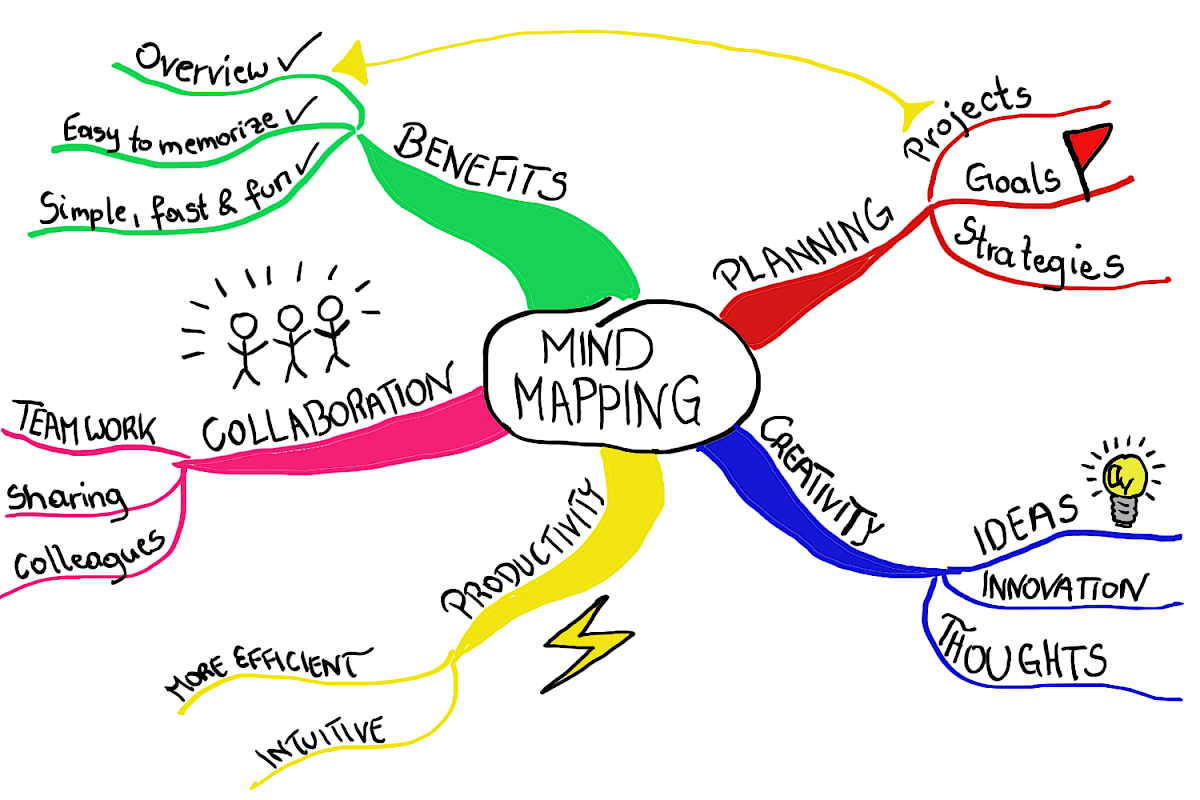
Start with a context, an issue or a situation that felt un-fixable and go back to how you reimagined it in the first exercise. Write your key idea in the center of the page and then draw out directions, trying to think more profoundly of how this change might come about, who it would benefit and how it would create an alternative, when, where and for whom.
You can do the exercise with an outcome of your radical imagination exercise or likewise, with an idea of how to transform a process at the place you organize, work or volunteer.
We would love it if you could share if you are up for it. (You can share it via email here: info@euroalter.org)
The Road Ahead
Thank you for joining us on this journey on learning about translocal and transnational activism and organizing. We hope you continue as strong and resilient on your own path!
With the closing of this online course, we invite you to have a look at our Migrant Organizing Toolbox for further insights. You can receive further updates from EA by signing up to the newsletter or checking regularly on our calendar for upcoming events.
We are happy to continue to be on this journey with you!
Solidarity.
